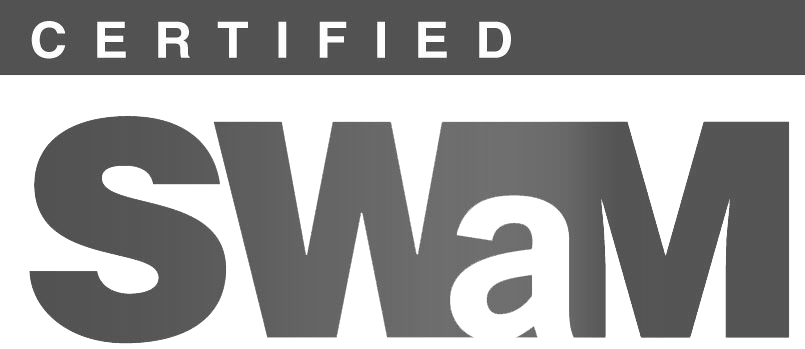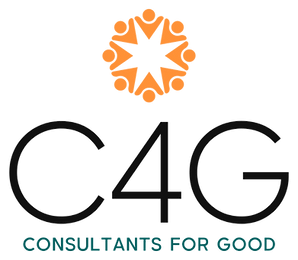
You know that your organization needs an evaluator…but how do you go about it? Hiring the right evaluator can save your organization a considerable amount of time, effort, and money. For many organizations with limited internal capacity, an external evaluator can often produce more accurate, useful, and credible information in a time-efficient manner, as compared to information generated by a staff member without specific evaluation expertise.
With that in mind, here are four smart tips for hiring an evaluator:
1. Hire an evaluator early on. (The early bird catches the worm.)
Bringing an evaluator into a project earlier rather than later provides them with the time and opportunity to accurately understand and refine your data collection strategy, which in turn will yield the most helpful evaluation results. Don’t wait until your first (or last) grant report is due. By then, it’s too late to effectively capture baseline data for comparison.
2. Decide what you need. (I’d like a skim mocha latte with just a hint of cinnamon, please.)
Not all evaluators are created equal. The scope, complexity, and depth of your project should drive your selection of the right evaluation resource. Not all evaluators will necessarily possess the qualifications needed to accomplish your goals. Almost any evaluation task will require a strong research background, but may also entail facilitation, training, professional writing and public speaking skills. In some instances, your project or program may require an evaluator with a very specific professional background or skill set. Search thoroughly for an evaluator who is a good fit for your needs. Ask similar agencies, funders, consulting firms, and professional associations to find your best resource.
3. Get clarity on what you can afford. (Sir, can I interest you in a Buick, Cadillac or Porsche today?)
Before selecting an evaluator, it’s helpful to get a sense of how complicated the evaluation process is going to be for your specific program. When discussing your project, a strong evaluator should be able to ask questions to help you gain this perspective. Be clear about the level of expertise that will be required. Fees will vary based upon the project tasks and the experience of the evaluator. Ask about the evaluator’s fees to understand what may or may not be feasible based on your budget.
4. Screen and assess your candidates thoroughly. (Matchmaker, matchmaker, make me a match…)
Assess the qualifications of the evaluators you identify. Key considerations may include:
o Do they have academic and professional training in research and evaluation techniques?
o Do they possess the essential blend of skills that is necessary for handling your specific project?
o Do they have experience working within your discipline or area of interest?
o Do they show a genuine interest in your organization and prioritize its needs?
o Does their approach and work style mesh with those of your team?
o Are they available to accomplish the project and provide follow-up support as needed?
o Can they provide appropriate references from past clients?
o Are they actively involved in the American Evaluation Association, which is the field’s primary professional association?
o Is your project appropriate for evaluators-in-training, such as graduate students, or will it require a more seasoned evaluator?
Keep in mind that evaluation, when best implemented, is an ongoing process. Your organization may be involved with the evaluator you choose for an extended period. While finding the right resource can take time, ultimately, it is the key to creating a great experience that yields valuable information that can propel your organization forward.


